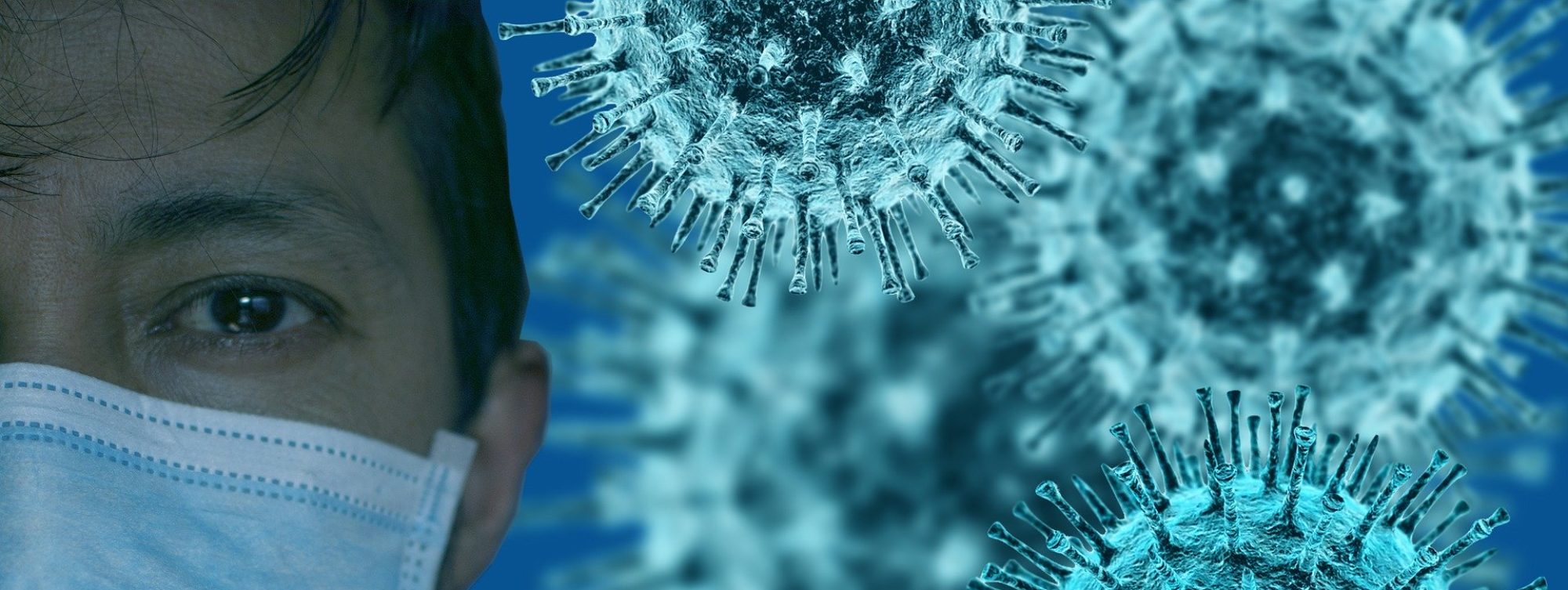Hugh Gusterson writes a powerful article on the influence that magical thinking has on coping with the types of stress we are facing now with the coronavirus pandemic. He compares the early 20th century Maji Maji Rebellion against German occupation of what is now Tanzania to the (mostly) U.S. protesters arming themselves while the practice their first amendment right to dissent.
He notes that “people turn to magic when they feel powerless” and how this magic can lead to a “sense of false security.” Conspiracy theories abound when the world around us is uncertain as well. Gusterson, briefly, lists the types of rumors and false cures that people around the world latch onto in the face of chaos and concern. He then focuses his attention on the U.S. and the different examples of magical thinking and pseudoscience. He argues that, while magical thinking and pseudoscience are coping strategies in uncertain times, they are ultimately no match against the realities of a viral pandemic and can even cause harm.
This is not the first time that pandemics have led to such ideas. During the worst of the AIDS pandemic, scientists and physicians with questionable credentials pandered “theories” and even a president failing to provide antiretroviral medications to his citizens and various “cures” including violence against women and girl children . And, during the recent Ebola epidemics, rumors of witchcraft and Western aid and medical workers using Ebola for demonic purposes spread almost as fast at the epidemic itself.
We will be managing ourselves, our children, our governments, our economies, and our world for months to come in the face of COVID-19. Part and parcel in that management is managing our stress, fears, and phobias related to sickness, health, and our health and democratic institutions. A management strategy, for better or for worse, is magical thinking, unfounded cures, and yes, sometimes violence against our most vulnerable.
